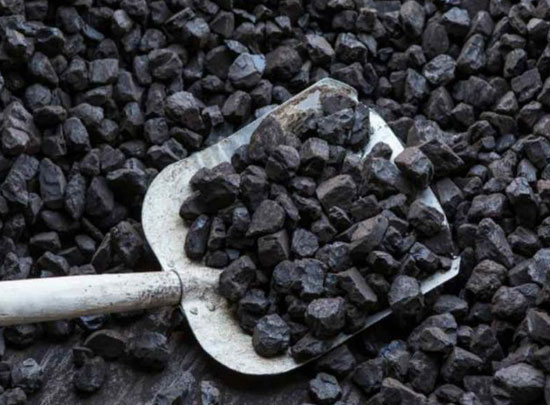Coal
Coal plays a central role in supporting global economic development, alleviating poverty by providing employment in coal mines and is an essential resource to meeting the world’s energy needs i.e electricity generation. Coal is also a key component of important industrial processes such as steel and cement manufacturing – both of which are central to building the essential infrastructure of growing economies.
The Following Parameters are most important for Coal Classification :- Net Calorific Value (NCV) and Gross Calorific Value (GCV)
- Moisture (Total TM or Inherent IM)
- Ash (A) und Ash Fusibility (AFT)
- Volatiles (V)
- Sulphur (S)
- Fixed Carbon (C)
- Minerals (e.g. Chlorine, Fluorine) Other parameters, such as granulation size, grindability (HGI), coking ability (FSI).

Steam/ Thermal coal is mainly used in power generation. Metallurgical coal – is mainly used in steel production. 70% of the steel produced today uses coal.
The dynamics of coal trading are changing. Commoditised, liquid markets are supplanting the traditional, fixed-price recent years, the coal market has become increasingly liberalised, with new grades of coal and pre-financing instruments creating a more sophisticated environment . We are developing our Coal Trading Desk and aim to cover a wide range of specific origins for both steam coal and metallurgical coal. We aim to build our presence in every major mining region and wish to successfully meet the diverse needs of customers around the world. We are in the process of signing long term contracts with producers in Indonesia, Australia, Russia etc. We aim to supply the Asia Pacific region like China, Japan, S. Korea and India. Geography matters in this industry. Coal is a low-value, bulk product. Freight is a major cost component. We aim to use our global presence to optimise the supply chain.
144 Robinson Road, #17-01 Robinson Square, Singapore 068908
(+65) 6384 5186
Give us a call
